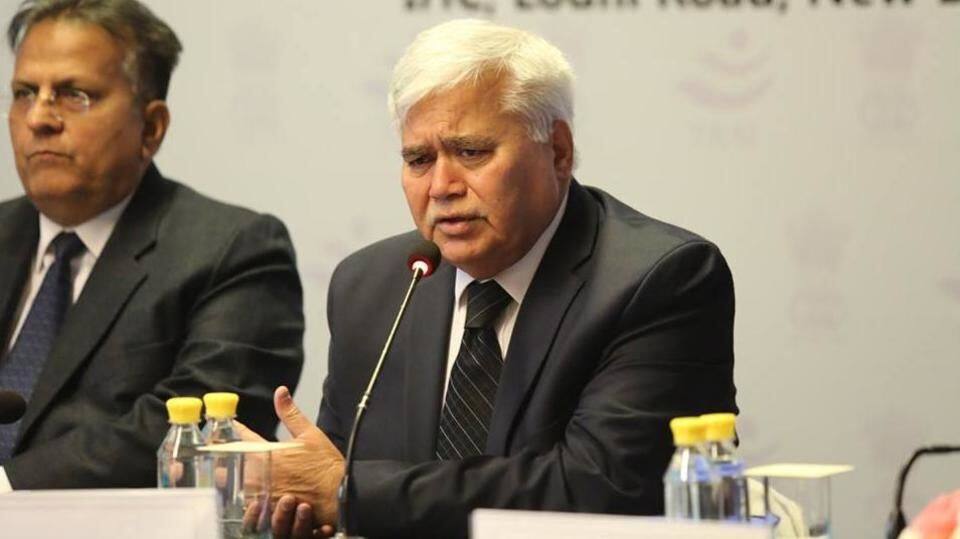
Telcos must ink interconnectivity pacts within 30-day-deadline without discrimination: TRAI
What's the story
Following a prolonged dispute between Reliance Jio and incumbents Airtel, Vodafone, and Idea over interconnectivity, TRAI has made regulations stricter.
The regulator's "Telecom Interconnection Regulations 2018", coming into force from 1 February, mandate telcos to enter into interconnectivity agreements within 30 days of receiving requests from another provider on a non-discriminatory basis.
Violations attract daily penalty of up to Rs. 1L per service area.
Information
What is an interconnection agreement?
A business contract entered into by telecommunication companies for interconnecting their respective networks and for exchanging telecom traffic is called an interconnection agreement. Such pacts include traffic balancing requirements, coordination of network operations, payment schemes and schedules, technical standards, dispute resolution, etc.
Details
Interconnectivity rules apply to all telecom providers
The TRAI's new norms comprise of regulations covering essential aspects of network interconnectivity like crafting agreements, initial provisioning of interconnectivity between telecom providers, augmentation of PoIs (Points of Interconnect), applicable rates/charges, disconnection of ports, financial disincentive effects of interconnectivity, etc.
The telecom regulator stated that these new regulations would be applicable to all the service operators offering telecom services in the country.
Quote
Enter interconnectivity agreements on non-discriminatory basis: TRAI
TRAI stated: "Through these regulations, the authority has mandated that every service provider shall, within thirty days of receipt of request from a service provider, enter into interconnection agreement on non-discriminatory basis, with such service provider."
Agreement
Operators must respond with draft agreement in five days
Under the new rules, telecom companies must respond to requests by other operators within five days with a draft interconnect agreement.
For providing PoIs, operators have a 30-day deadline; the timeframe has been cut to 30 days instead of the current 90 days.
TRAI's latest rules follow its "detailed consultation process", which began in Oct'16 including open discussions and written comments by stakeholders.
Quote
Interconnection charges must be reasonable, transparent, non-discriminatory
In its interconnect rules, TRAI noted: "The interconnection charges such as set-up charges and infrastructure charges may be mutually negotiated between service providers subject to the regulations or directions issued by the Authority...provided that such charges are reasonable, transparent and non-discriminatory."
Dispute
Jio accuses incumbent telcos of providing inadequate PoIs
The latest regulations are a significant move by TRAI as interconnectivity was the "flashpoint" between new entrant Jio and incumbents Airtel, Vodafone, and Idea when the Mukesh Ambani-owned telco launched services in 2016.
Jio accused the incumbents of providing insufficient PoIs, leading to call failures on its network. However, incumbent players blamed free calls offered by Jio for the spike in network traffic.